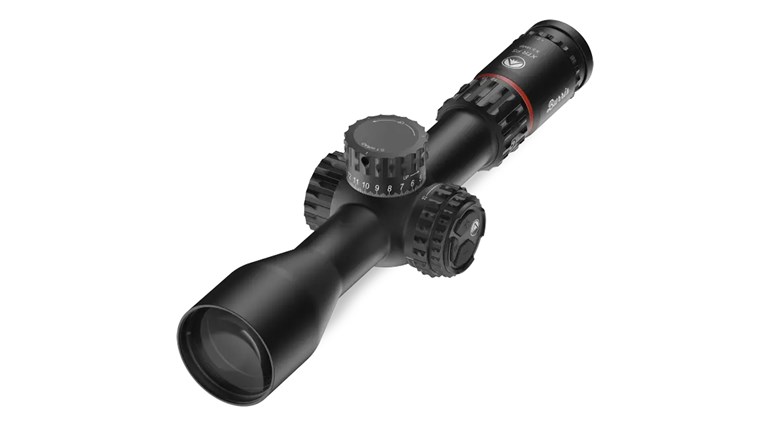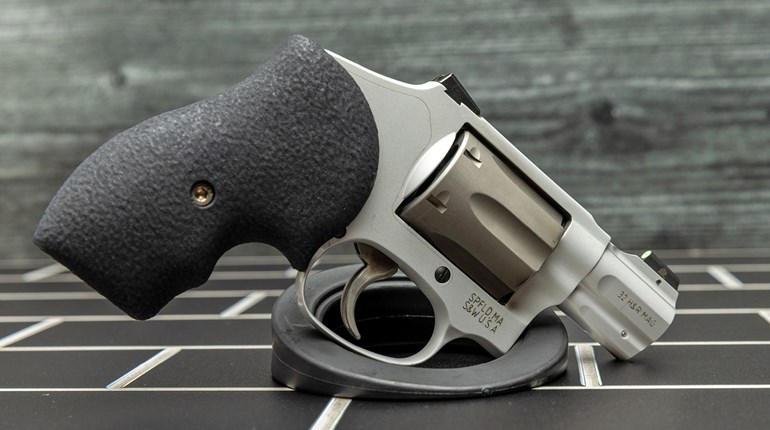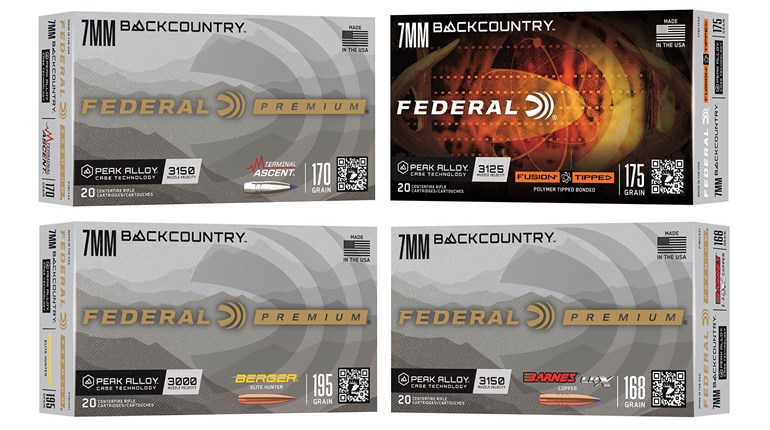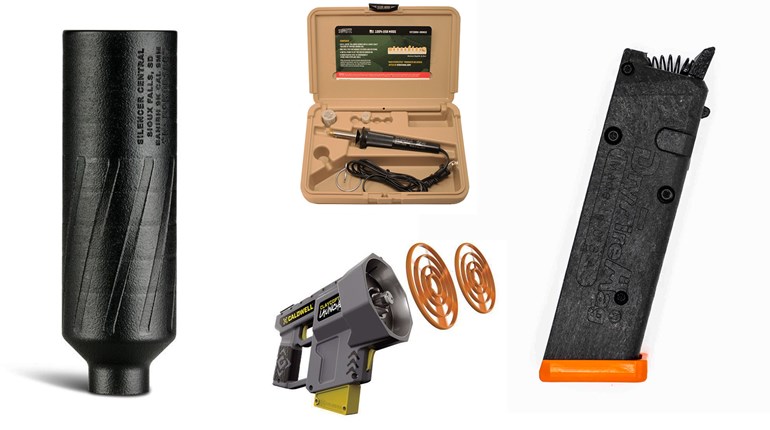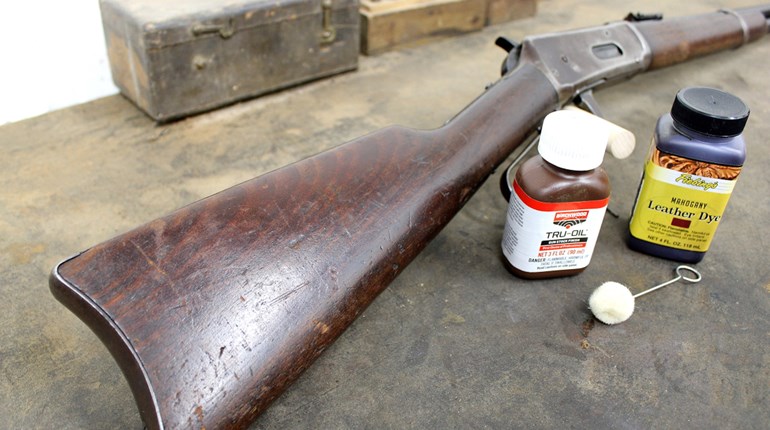
I recently found myself in Mountain Home, TX, with Ruger for the launch of the company’s Ruger American Gen2 Ranch rifle in .308 Win. We were after Axis deer, which is not normally something we’d cover in Shooting Illustrated, as there’s not a ton of crossover between hunting deer with a bolt-action rifle and home- or self-defense.
Or is there?
One thing I noticed as we traversed open ground was how gear that I’d used in defense-oriented training was quite useful in the hunting field. The Revision Military glasses I had the chance to check out a few years ago performed exactly as expected and helped point out potential deer, with the colored tint of the glasses enhancing the red coloration against the greens and browns of south Texas in late spring. A pair of Bushnell Fusion X rangefinding binoculars from a PRS-centric event helped not only spot deer, but with a push of a button, delivered distance to the target. Turns out spotting and ranging steel targets against a vaguely brown background is not all that different from axis deer.
Well, there is one critical difference: The steel targets aren’t going to move suddenly. They’re extremely unlikely to get wind of you and sprint over a ridge. Deer can and do. Here’s where another similarity comes into play. You need to have absolute faith in both your equipment and your ability when hunting an animal that can and will bolt at the slightest provocation. Being able to quickly get into a solid position and break a critical shot, under a fair amount of adrenaline and with an unknown time constraint is quite beneficial in a hunting scenario—and in defensive ones as well.
That’s where another similarity struck me: Training. I wound up taking a 200-yard shot on my deer, with other deer around it and the herd a little skittish. Having the training background for long-range shooting, as well as the basics for controlling breathing and applying a proper trigger press, gave me the confidence to take a shot at an animal from a range that 10 years ago I would never have dreamed of taking. Even using holdovers rather than dialing my scope (remember how I said deer are skittish and can bolt at any moment?), I landed a shot that dropped my deer about 50 yards from where it was first hit. Two of the other event attendees, both insanely experienced hunters with multiple trips to Africa for exotic game, were impressed with the shot placement.
And there’s another constant: Having solid gear that you’ve tested and can rely on. I had confirmed the Ranch Rifle’s zero at 100 yards, having to adjust elevation slightly on the Leupold VX3 scope mounted atop. With three shots less than an inch apart, I had full confidence in the setup to deliver when needed. Adding to that is Hornady’s excellent 178-grain ELD-X bullet, built for long-range performance and supreme terminal effect. The projectile performed exactly as it was engineered, dumping all of its energy into the deer to result in a near-instant stop.
The Mission Drives The Gear For The Hunt
Ruger’s new American Gen2 Ranch Rifle, while not a Scout Rifle, is pretty darn close. It’s lightweight, offers a generous Picatinny rail for optics, has a spiral-fluted barrel for lighter weight and greater heat dissipation and even has a threaded barrel for a sound suppressor or muzzle device. My particular rifle had a muzzle brake installed that kept recoil to a minimum and combining that with the generous recoil pad on the stock, kept my shoulder from too much abuse even with the light weight of the Ranch Rifle. While my rifle had a three-round magazine for hunting purposes, it takes standard AICS magazines, and five- and 10-round variants are readily available from companies like Magpul.
Superlative equipment and proper training gave me the confidence to take a 200-yard shot at an animal I had never hunted before. I’ve gone after feral hogs before and done some varmint shooting, but there’s a pretty big difference between invasive species or varmint management and a game animal. A miss on a prairie dog might get you ribbed by your fellow shooters; a miss on a game animal means you don’t fill a tag. I don’t even want to think about an imperfect hit; one of the recurring themes at the lodge was to avoid wounding the animal if at all possible.
With the gear I had available and the training I’ve been fortunate enough to undertake, I had the confidence to take a shot at a skittish deer a fair way off. It struck me as the exact reason why we train: In the moment, when your heart is pounding and time is critical, the better acquainted you are with your gear and the more assured you are in your skills, the more likely a positive result will bear out. That’s just as true in self-defense as it is on the hunting fields.












